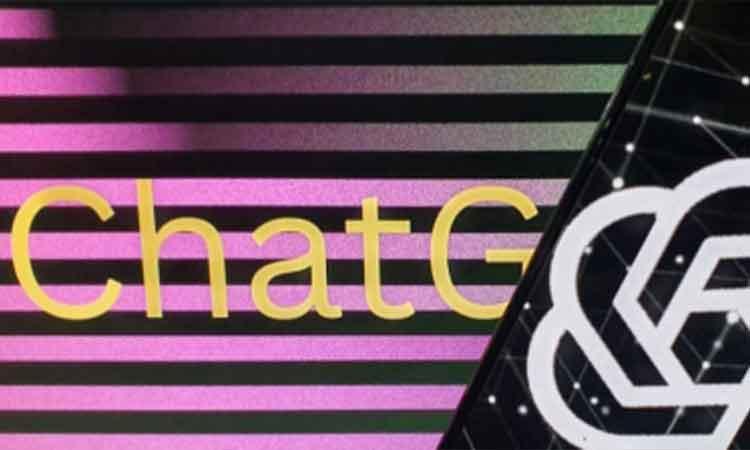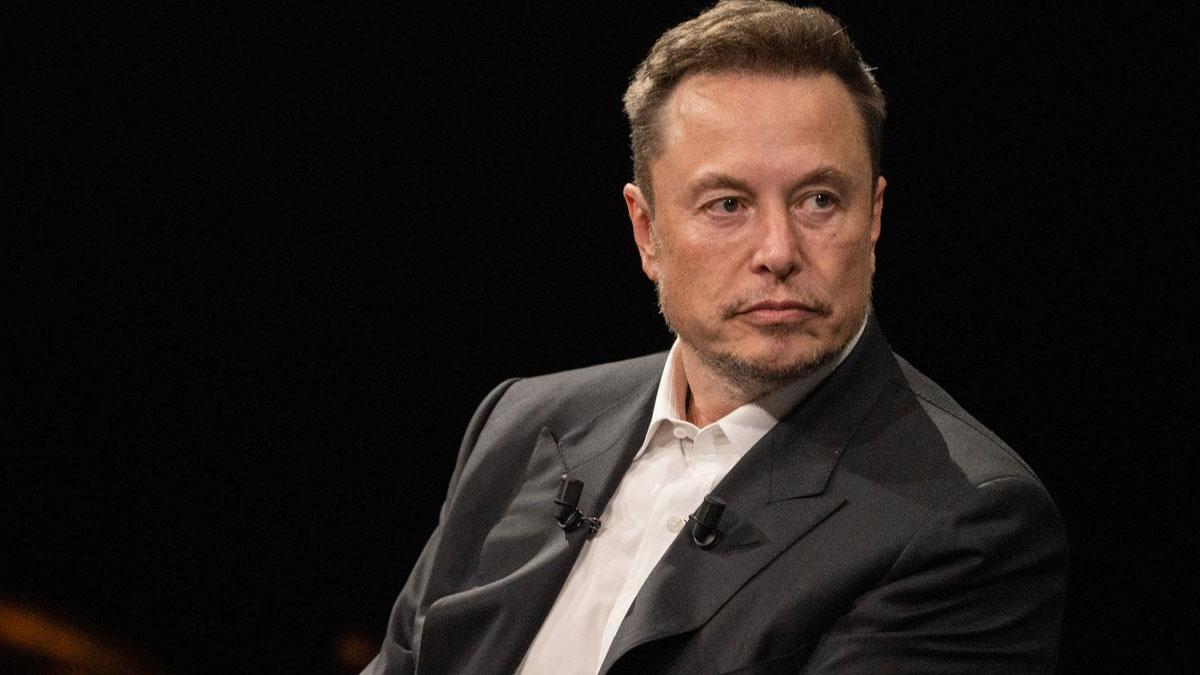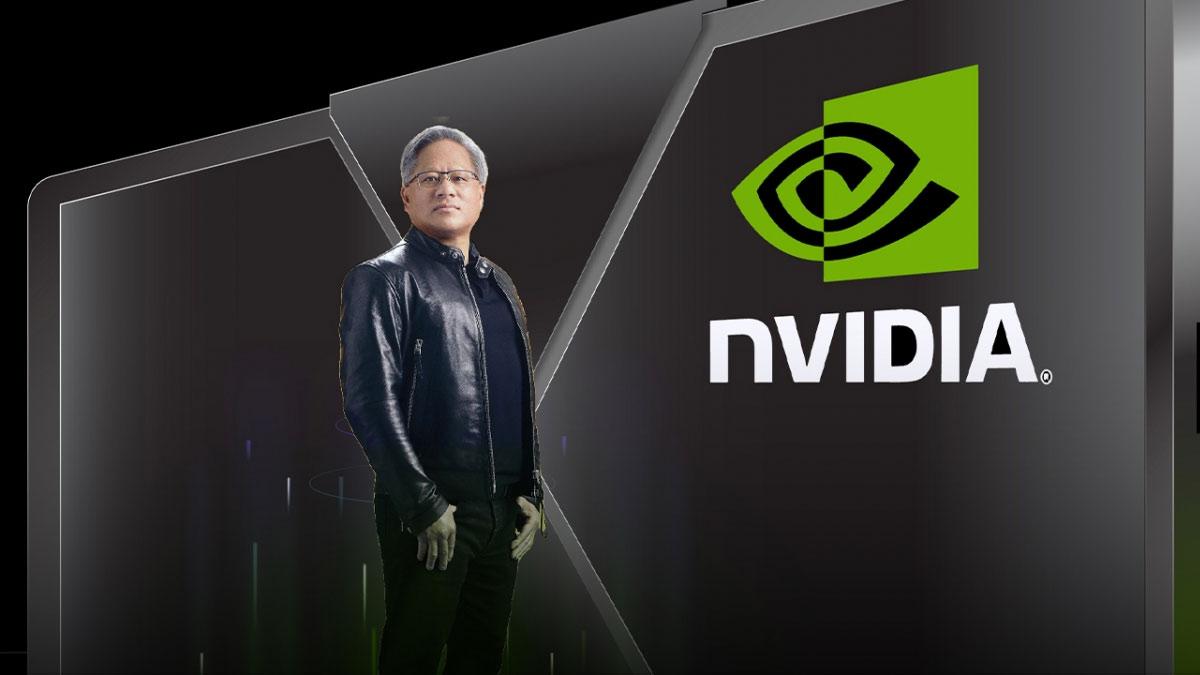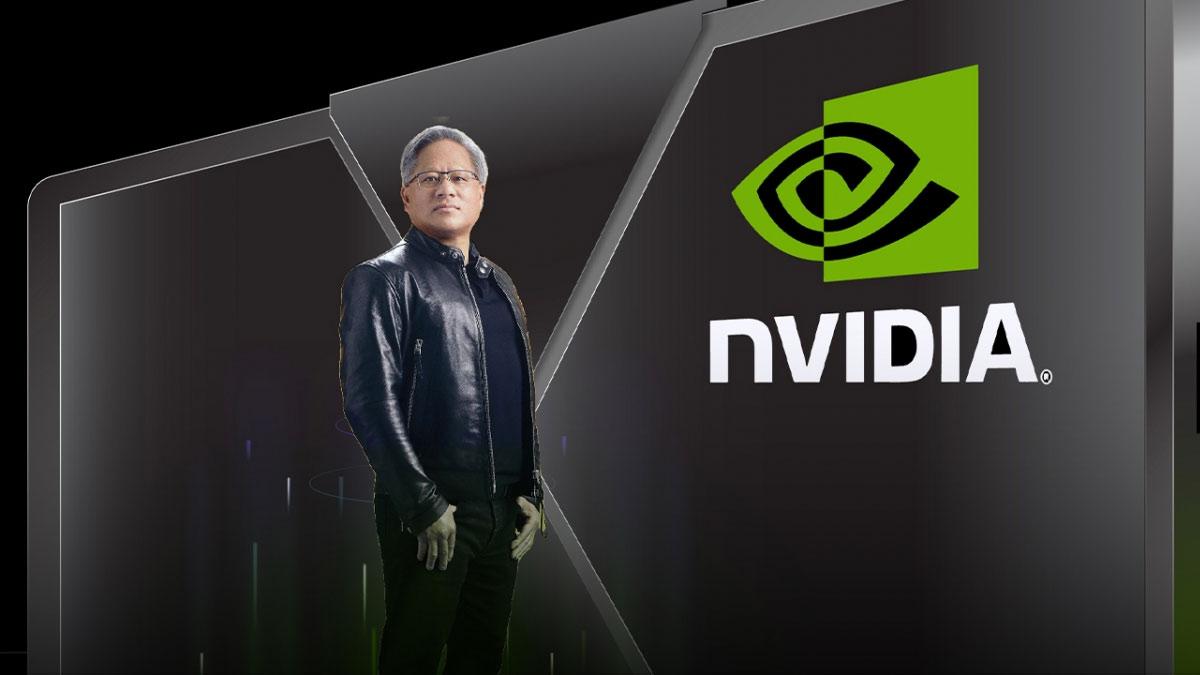In a bizarre incident, AI chatbot ChatGPT, as part of a research study, has falsely named an innocent and highly-respected law professor in the US on the list of legal scholars who had sexually harassed students in the past.
Jonathan Turley, Shapiro Chair of Public Interest Law at George Washington University, was left shocked when he realised ChatGPT named him as part of a research project on legal scholars who sexually harassed someone.
"ChatGPT recently issued a false story accusing me of sexually assaulting students," Turkey posted in a tweet.
In an opinion piece in USA Today, he wrote that he received a curious email from a fellow law professor about research that he ran on ChatGPT about sexual harassment by professors.
"The programme promptly reported that I had been accused of sexual harassment in a 2018 Washington Post article after groping law students on a trip to Alaska," Turley said.
Also Read| Not considering law to regulate AI growth in country: IT Ministry
The fact is that he has never gone to Alaska with students and The Post never published such an article.
Turley said he has "never been accused of sexual harassment or assault by anyone".
"What is most striking is that this false accusation was not just generated by AI but ostensibly based on a Post article that never existed," he wrote.
Meanwhile, Brian Hood, regional mayor of Hepburn Shire in Australia, has threatened to sue OpenAI if the Microsoft-owned company doesn't correct false information about him.
ChatGPT reportedly named Hood as a convicted criminal, involved in a past and real bribery scandal at Australia's Reserve Bank (RBA).
According to Turley, the use of AI and algorithms can give censorship a false patina of science and objectivity.
"Even if people can prove, as in my case, that a story is false, companies can 'blame it on the bot' and promise only tweaks to the system," he said.


















